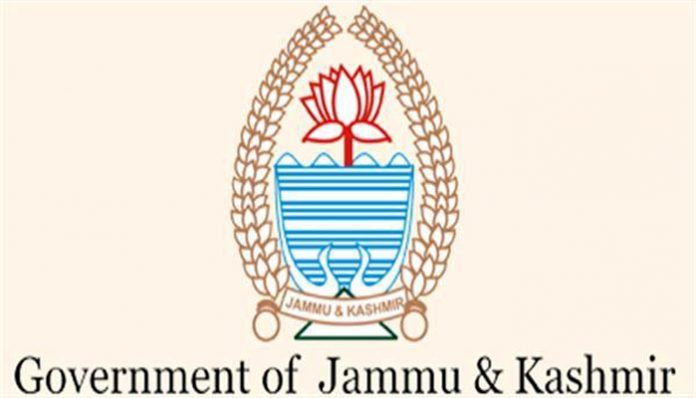SRINAGAR: Jammu & Kashmir will have a Board of Revenue to decide on all the issues arising out due to repeal of 10 land laws by the Centre.
As per news agency—Kashmir News Observer (KNO), the Union Home Ministry on Monday notified “The Union Territory of Jammu & Kashmir Reorganistaion (adaptation of state laws) fifth order, 2020 for adaptations and modifications in laws applicable to the UT.
According to the amendments, there shall be a Board of Revenue for the Union territory of Jammu and Kashmir, consisting of financial commissioner Revenue (ex-officio chairman) and two other members of the rank of secretary to the government.
The Board, whose terms, references and procedure will be notified by the government, shall be the chief controlling authority on all the matters provided in Land Revenue Act, Samvat, 1996.
As per the law, the Board shall exercise, perform and discharge powers, functions and duties conferred upon it by or under the Land Revenue Act or any other law for the time being in force.
It has also been empowered to decide all the matters relating to the land laws repealed by the Centre within one year from the Constitution of the Board.
The Centre repealed The Jammu and Kashmir Alienation of Land Act, Samvat 1995;The Jammu and Kashmir Big Landed Estates Abolition Act, Samvat 2007; ) The Jammu and Kashmir Common Lands (Regulation) Act, 1956; The Jammu and Kashmir Consolidation of Holding Act, 1962;The Jammu and Kashmir Land Improvement Schemes Act, 1972; The Jammu and Kashmir Prevention of Fragmentation of Agricultural Holdings Act, 1960;The Jammu and Kashmir Prohibition of Conversion of Land and Alienation of Orchards Act, 1975;The Jammu and Kashmir Tenancy (Stay of Ejectment Proceedings) Act, 1966 and The Jammu and Kashmir Tenancy Act, Svt.1980;
According to the law, the Financial Commissioner Revenue shall prepare details of all pending and residual issues due to repeal of the Acts and place it before the Board.
“The Board shall accordingly take all possible steps for expeditious resolution of disputes and shall ensure final adjudication by the 31st March, 2021 of all the residual matters on fast track basis in the manner,” the law states.


